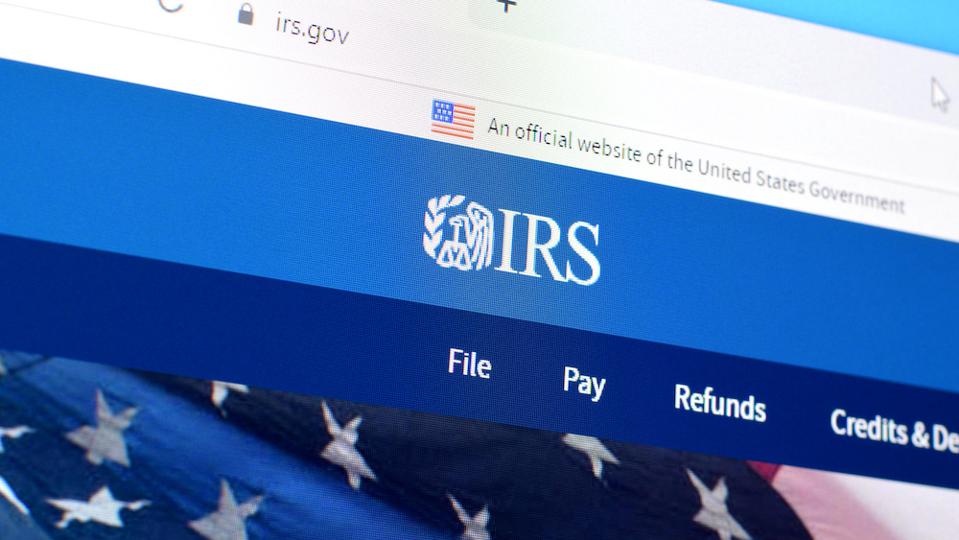
The IRS began issuing refunds this week to Americans who overpaid taxes on unemployment benefits collected last year – but some individuals could have their checks seized to offset unpaid debts.
The money is “subject to normal offset rules,” the IRS said, meaning that it can be used to cover “past-due federal tax, state income tax, state unemployment compensation debts, child support, spousal support or certain federal nontax debts (i.e., student loans).”
The $1.9 trillion coronavirus stimulus plan that President Biden signed into law in March, known as the American Rescue Plan, waives federal income taxes on up to $10,200 in 2020 unemployment insurance benefits for individuals who earn less than $150,000 a year.
As many as 10 million Americans overpaid their taxes, the IRS said. Many of these taxpayers are likely owed a refund from the IRS, because they presumably filed their returns before March 11, when Biden signed the stimulus bill into law. The IRS has advised individuals in this situation to not file another return and promised to automatically refund the money.
But the bill that Biden signed will not protect the money from garnishment, meaning that some Americans could see a smaller check – or no money at all.
The IRS said it will do the recalculation in two phases, beginning with individual taxpayers who are eligible for the $10,200 exclusion. It will then proceed to calculate the new refund for married couples who are eligible for the $20,400 exclusion and other more complex returns.
“There is no need for taxpayers to file an amended return unless the calculations make the taxpayer newly eligible for additional federal credits and deductions not already included on the original tax return,” the agency said.
You’re eligible for the tax refund if your household earned less than $150,000 last year, regardless of filing status. Workers can exclude the aid when calculating their modified adjusted gross income — meaning that an individual who earned $140,000 last year but collected $10,200 in jobless aid is still eligible to take advantage of the tax break.
The federal government and most states count unemployment benefits, including the extra money distributed through federal aid programs, as taxable income. But unlike a typical paycheck, taxes aren’t automatically deducted from jobless aid, creating a potential for refund shock for millions of out-of-work Americans even though they lost their job.
About 40 million people collected jobless aid last year, according to The Century Foundation. The average person received $14,000 in benefits.